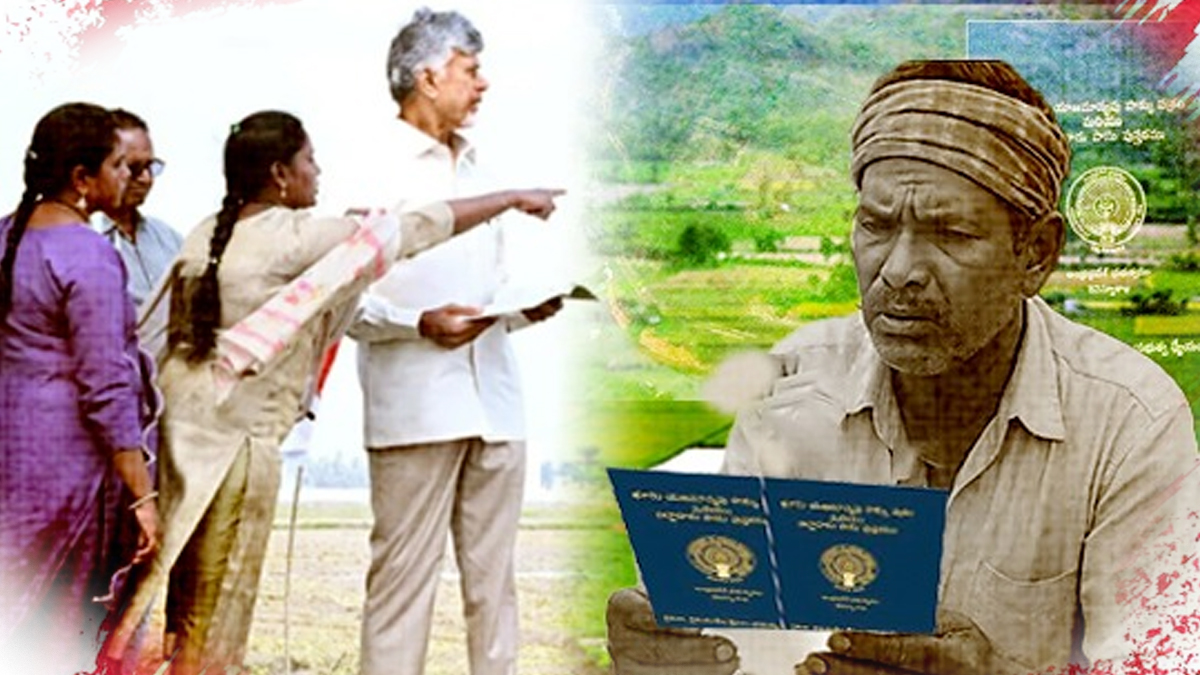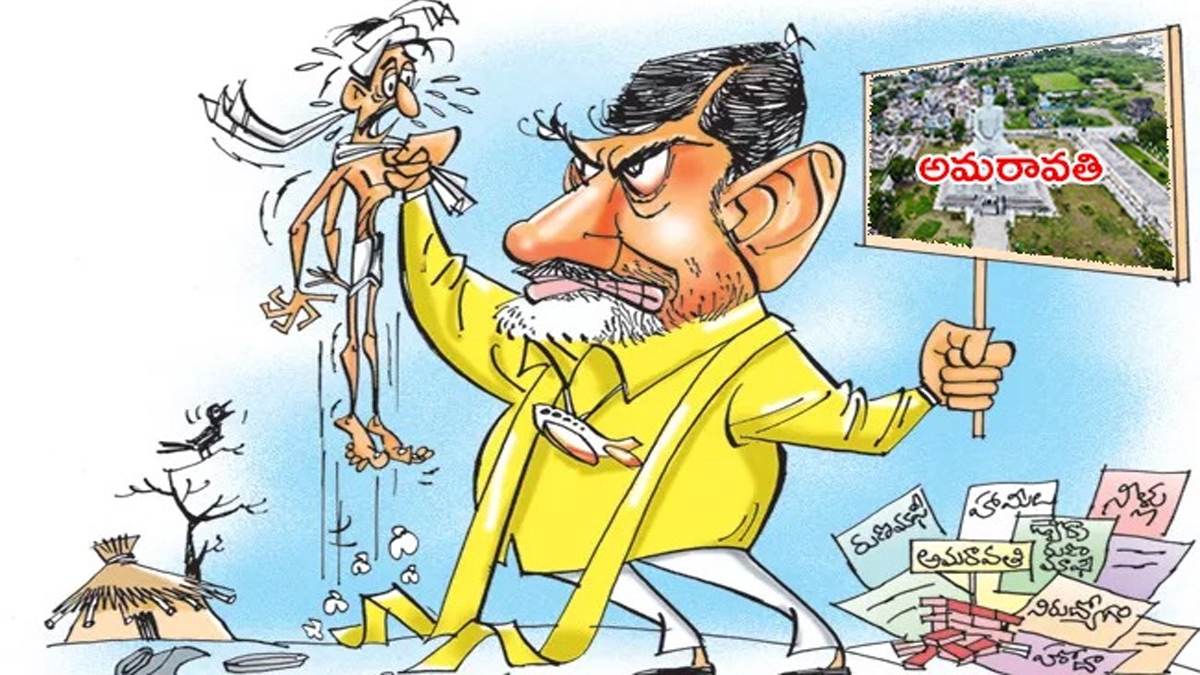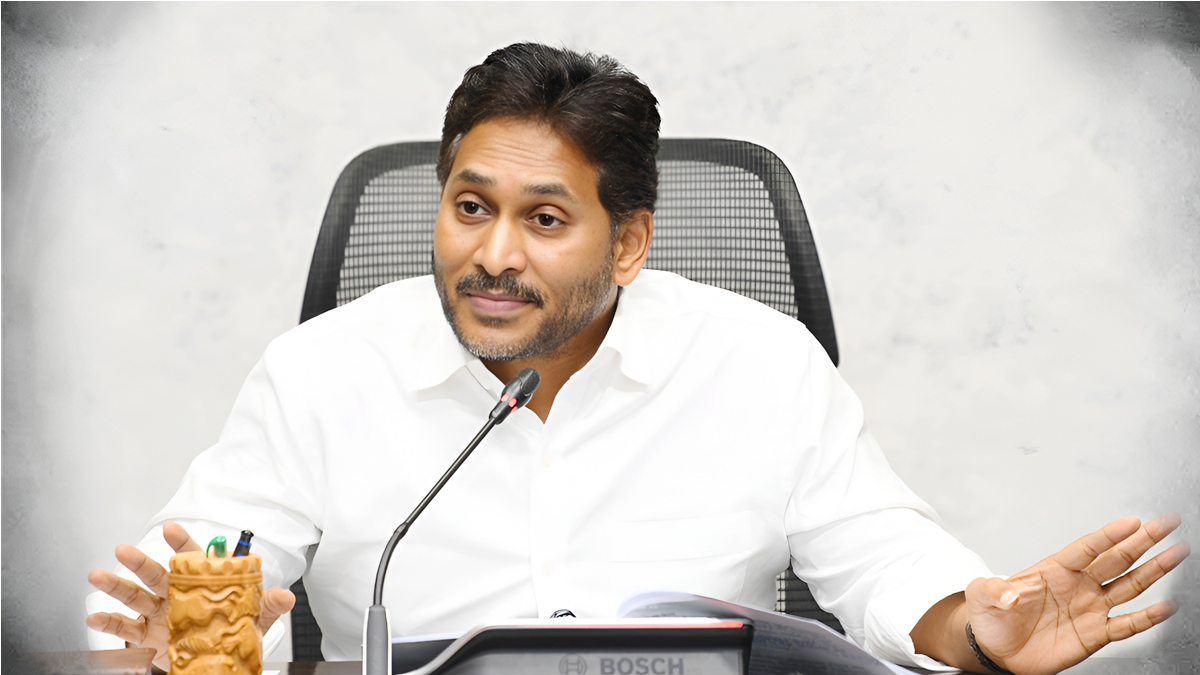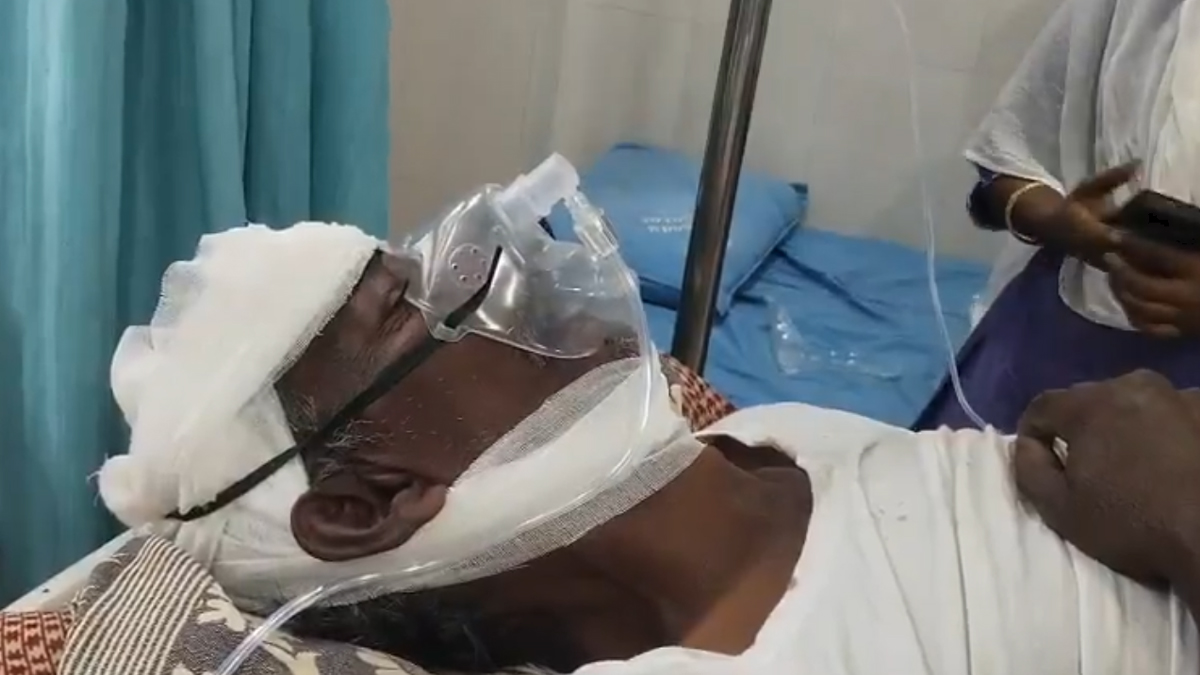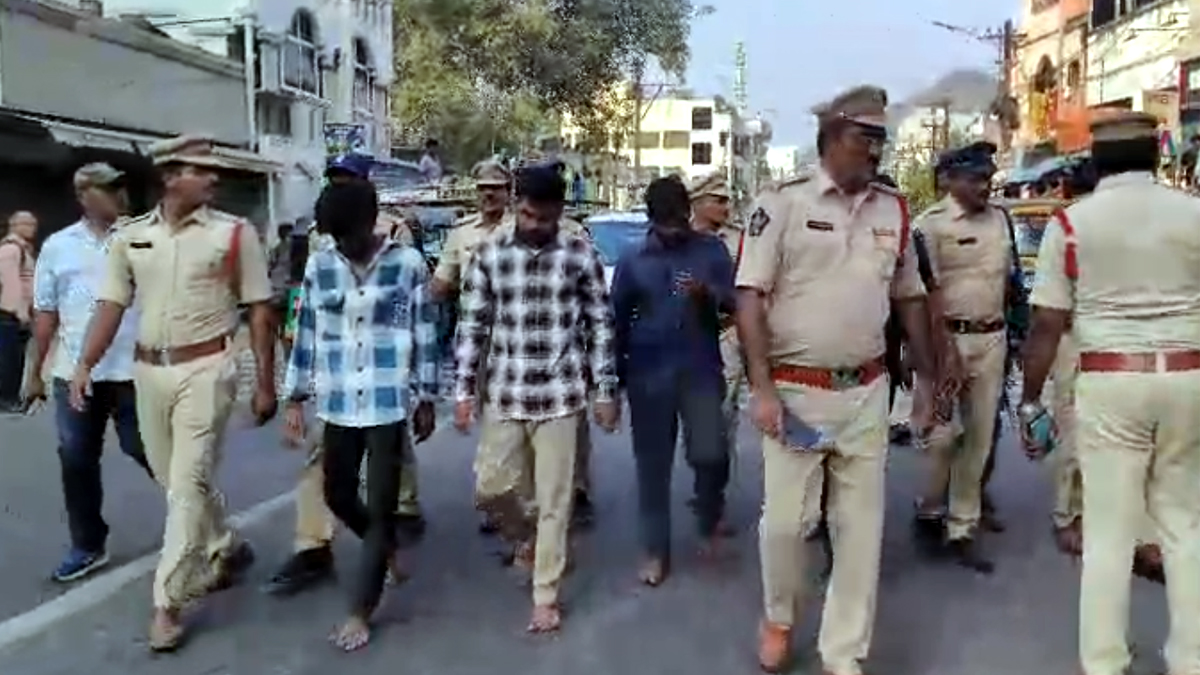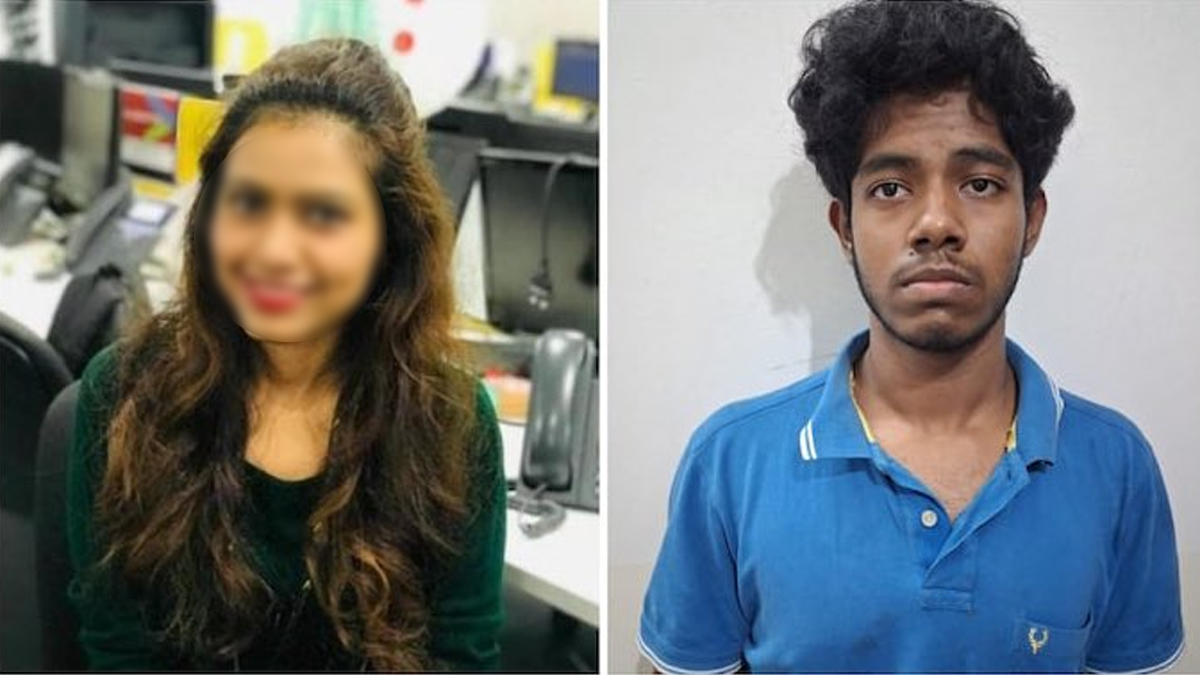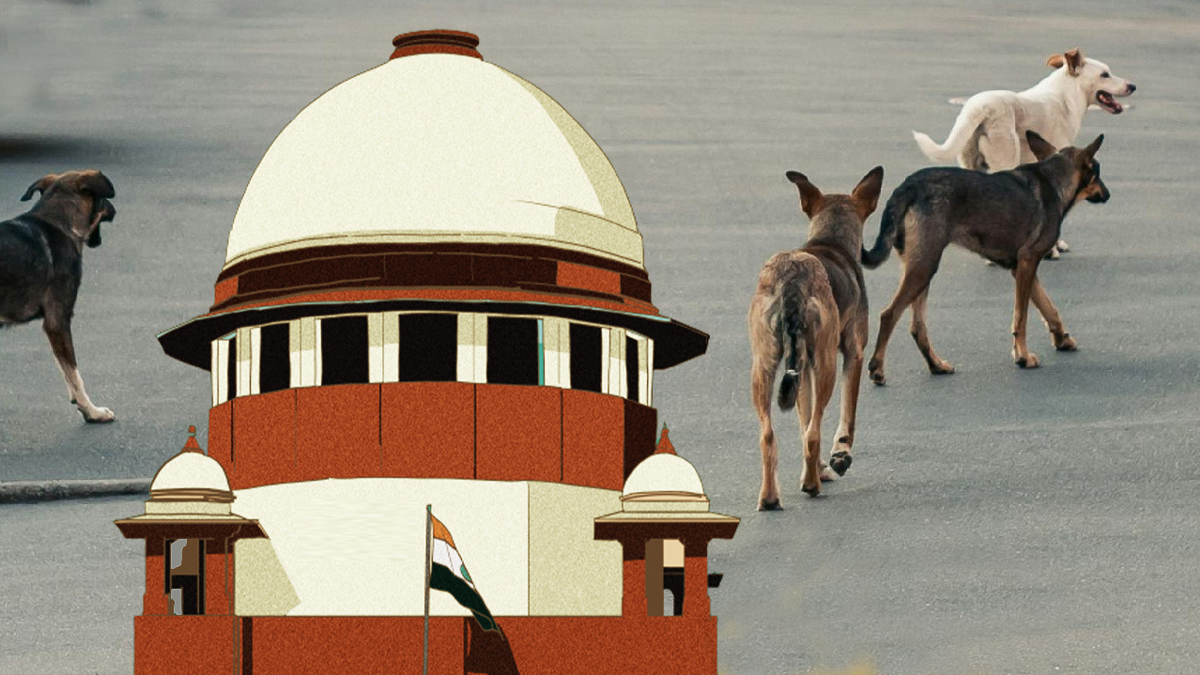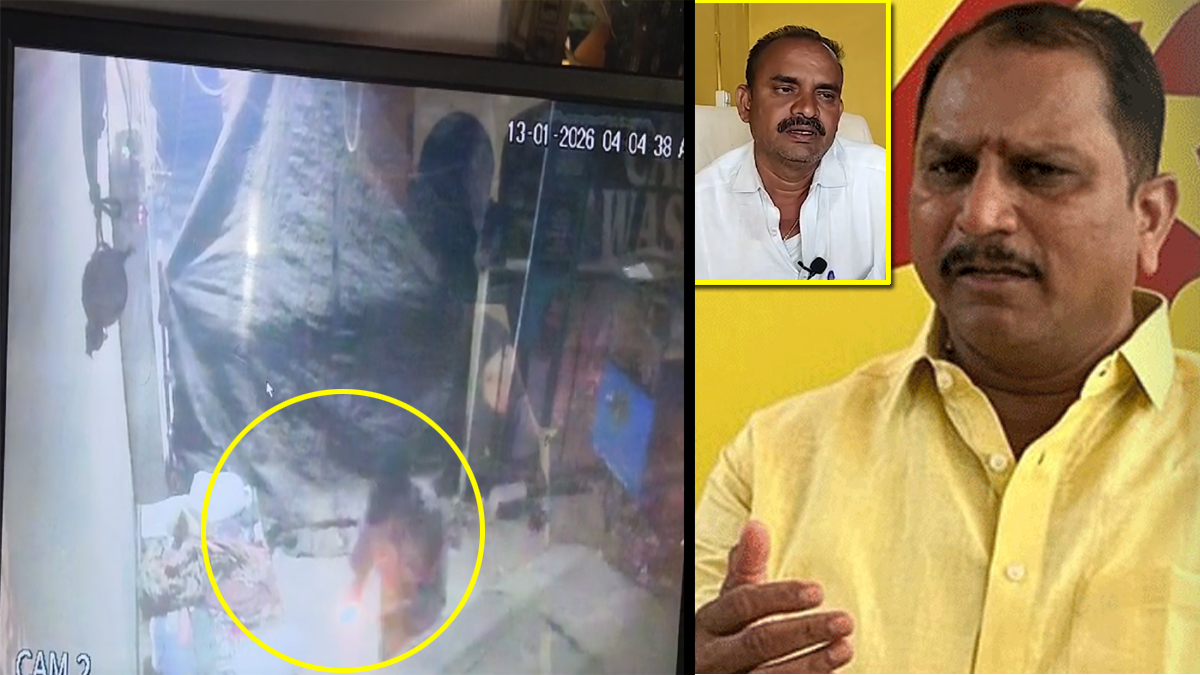- Harassment of YSRCP social media activists
- Illegal cases at every step, detentions, violations of court orders, and use of third-degree methods
Why These Illegal Cases Against Social Media Activists?
After the formation of the coalition government in the state, social media began strongly questioning the government’s illegal actions, corruption, violence, and atrocities in the state. The Chandrababu government has miserably failed to implement the promises made during the elections. Mainstream media channels, which should have questioned these failures, have remained silent, and the government has taken suppressive actions against the few channels that dared to speak out, even stopping their broadcasts. In such a situation, social media activists started holding the government accountable. Unable to tolerate this questioning of their failures, the coalition government hatched a conspiracy to suppress social media and silence dissenting voices. The mainstream media has been completely taken over by the government’s top brass. Social media has played a key role in bringing to light the state’s law and order failures and incidents of murders and atrocities. As a result, the government is cracking down heavily on those who question it on social media.
Operations run from the TDP Office
The TDP central office has become the hub for repressive actions against those posting on social media. A systematic organization was set up by the TDP for this purpose. As part of this, they planned who should file complaints against YSRCP activists, leaders, and social media activists, where these complaints should be lodged, who the complainants should be, which police stations should register the cases, when arrests should be made, and how many cases should be filed across different locations. The script, screenplay, and direction for this entire operation were orchestrated from the TDP central office. They appointed police officers favorable to them and ensured that TDP and Jana Sena leaders in districts like Tirupati, Prakasam, Guntur, and others maneuvered to appoint police officials who would act in their favor. All necessary materials for these operations were supplied directly from the TDP central office.
Multiple Cases Against a Single Individual
Initially, a targeted individual is arrested in one case, and then PT (Prisoner Transit) warrants are issued in other cases. Cases have been registered across almost every district in the state, from Hindupur to Ichchapuram, with one or two cases per district. By shuttling these individuals from station to station and jail to jail, the state government has engaged in organized crime. Social media activists and their families have been terrorized, and illegal cases have been fabricated against them statewide.
Illegal Arrests and Violations
All cases registered by the police against social media activists pertain to offenses carrying less than 7 years of punishment. In such cases, under Section 35(3) of the Bharatiya Nagarik Suraksha Sanhita (BNSS), the police are required to issue a notice, summon the accused to the station, record their statement, and file a chargesheet only after confirming their involvement in the crime. However, in the state, police are fabricating unrelated sections like 111 BNSS and 308 BNSS against these activists. With the malicious intent of jailing them by any means, the police are illegally arresting them beyond their lawful jurisdiction. In some instances, courts, due to a lack of awareness, have mechanically remanded activists without considering the relevant sections, while some judges have issued remand orders mechanically to appease the police. Over 200 such cases have come to light in the state.
Tactics to Deny Bail
To prevent arrested social media activists from getting bail, the police file petitions for custody and deliberately delay proceedings in many instances. They take steps to ensure the activists remain in jail for extended periods. Multiple cases are filed against a single individual on the same issue across various police stations statewide, with all complainants being TDP and Jana Sena activists or leaders, reinforcing the organized nature of this crime. Whenever an arrested person is about to be released in one case, the police immediately issue a PT warrant in another case, secure remand again, and repeat the process when bail is anticipated in that case, trapping them in a cycle of arrests. In one extreme case, up to 26 illegal cases were fabricated against a single individual, keeping them in jail across the state for nearly 4 months in an organized manner. These developments have brought shame to the state’s police system.
Fabricated Statements
When social media activists are arrested, the police record false statements without their consent. These statements are prepared without informing the accused of their contents, and signatures are forcibly extracted. Additional YSRCP leaders and activists are implicated as co-accused in these cases based on these fabricated statements. These falsified documents are then submitted to the courts, with one case even listing up to 78 individuals as accused, a record in the state’s police history.
Remand in Unrelated Cases
Instead of taking arrested activists to police stations, the police have maintained secret hideouts specifically for them, where they are detained, subjected to third-degree methods, and tortured. In some cases, after confirming that a post by an activist did not contain obscene content, the police seized their phones, detained them, posted obscene content from their devices themselves, and then registered cases against them in other police stations. When such individuals filed habeas corpus petitions in the High Court, the police, fearing exposure of the truth, remanded them in unrelated cases to avoid producing them in court. Several such instances have occurred.
Use of Third-Degree Methods
Activists arrested from cities like Hyderabad in Telangana were brought to various police stations and subjected to torture for days. Custodial torture was inflicted, violating constitutional norms, Supreme Court guidelines, and protocols for handling women. Multiple FIRs were filed against the same accused for the same content or post. In some cases, videos of activists being beaten were shown to senior leaders and officials. When family members filed habeas corpus petitions, the victims detailed in court where they were held and tortured. Despite High Court orders to produce CCTV footage from relevant stations and routes, the police defied these directives, claiming footage was unavailable, citing reasons like squirrels or monkeys damaging wires.
High Court’s Anger at Lower Courts
In cases where the High Court ordered the accused to be produced, the police remanded them in other cases to avoid compliance, prompting the court to issue show-cause notices to certain police officials and list them as respondents. The High Court has reprimanded lower courts for mechanically approving police actions and remands without scrutiny, striking down such orders and criticizing both the police and lower courts for violating Supreme Court and High Court guidelines.
Misuse of BNS Section 111
The newly introduced Section 111 of the BNSS has been misused against social media activists, a practice condemned by courts from the lower level to the Supreme Court. Despite clear guidelines on its applicability, the police continue to file such cases, damaging the integrity of the police system. This section applies to serious crimes like kidnapping, robbery, extortion, and organized crime, not to social media posts. Yet, it is being used to harass activists, constituting a violation of human rights.
Disregard for Supreme Court Guidelines
The Supreme Court’s directives in two judgments (Justice Harinish Kumar and Justice Satyendra Kumar) have been ignored, with the state showing a clear lack of oversight and compliance by the police and lower courts.
Are iTDP’s Obscene Posts Invisible?
While TDP’s social media wing (ITDP) posts vulgar content, no cases have been filed against TDP or Jana Sena activists, highlighting the coalition government’s blatant bias.
Vengeance Under the Guise of PD Act Amendments
Recent amendments to the PD Act include cybercrimes, but equating social media posts with cyber offenses is unjustified and aimed at targeting activists, marking an unprecedented violation of human rights.
YS Jagan Stands by Victims
Former CM YS Jagan Mohan Reddy established a legal team and command center to assist victims, providing free legal aid, securing bails, and challenging unjust lower court decisions in higher courts, an unprecedented effort by any party leader in the state.
Over 415 individuals have faced more than 5 illegal cases each statewide, with a list of victims provided. Currently, thanks to YSRCP’s efforts, most arrested activists have been released.


